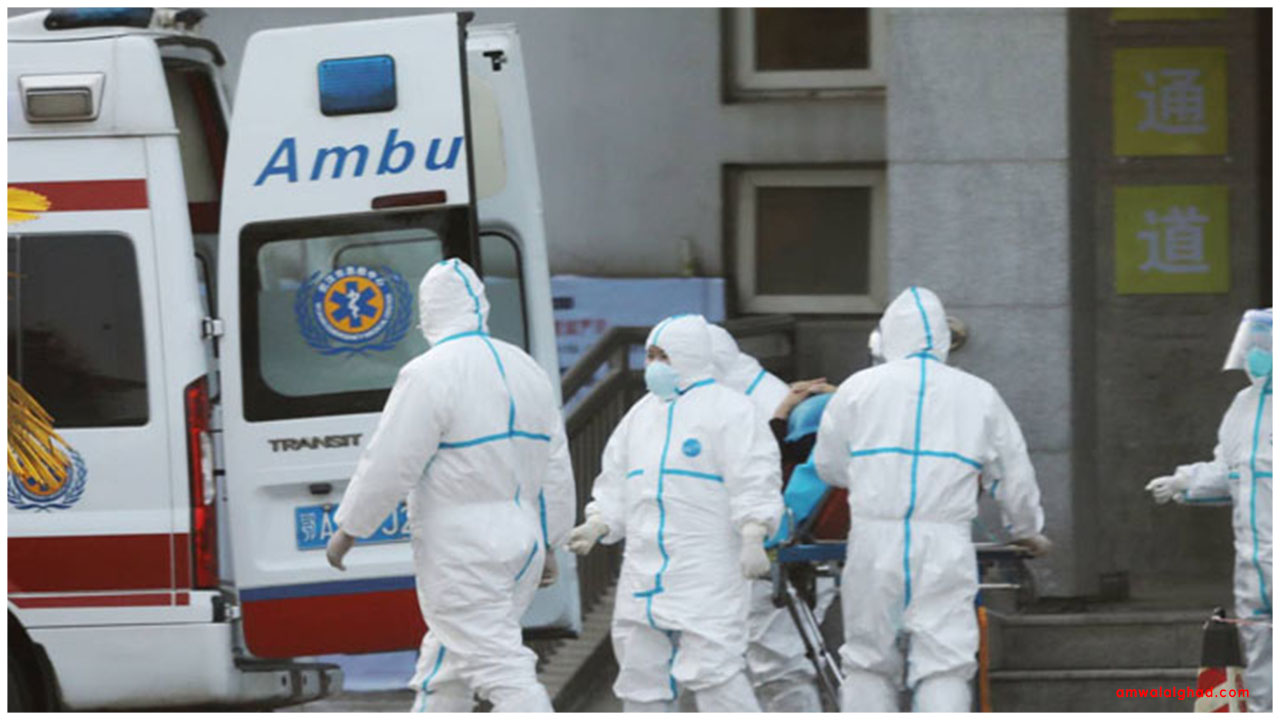Patients given preventive blood thinning drugs (prophylactic anticoagulants) within 24 hours of admission to hospital with covid-19 are less likely to die compared with those who do not receive them, finds a study published by The BMJ today.
Clinical trials are now underway to see if prophylactic anticoagulants could be an effective treatment for covid-19. In the meantime, the researchers say these findings provide strong real world evidence to support their early use among patients in hospital with covid-19.
Some covid deaths are believed to be due to blood clots developing in major veins and arteries. Anticoagulants prevent blood clots forming and have antiviral and potentially anti-inflammatory properties, so might be particularly effective in patients with covid-19, but results from previous studies have been inconclusive.
To explore this further, a team of UK and US researchers set out to estimate the effect of prophylactic anticoagulants when given promptly after admission to hospital on risk of death and severe bleeding among patients with covid-19.
Their findings are based on data from the United States Department of Veterans Affairs for 4,297 patients (average age 68 years; 93% men) admitted to hospital with covid-19 between 1 March and 31 July 2020.
Other potentially important factors including age, ethnicity, underlying conditions, medication history, weight, and smoking status were taken into account. The researchers then followed these patients to see who died or experienced a serious bleeding event within 30 days of hospital admission.
A total of 3,627 (84.4%) of patients received prophylactic anticoagulation within 24 hours of admission and there were 622 deaths (14.5%) within 30 days.
Death at 30 days was 14.3% among those who received prophylactic anticoagulation compared with 18.7% among those who did not - a relative risk reduction as high as 34% and an absolute risk reduction of 4.4%.
This benefit seemed to be greater among patients not admitted to the intensive care unit (ICU) within 24 hours of hospital admission.
Receiving prophylactic anticoagulation was not associated with an increased risk of serious bleeding.
This was a large, well-designed study using electronic health record data and took account of a range of potentially influential factors. Results were also unchanged after further analyses, suggesting that they withstand scrutiny.
However, the researchers acknowledge that due to the observational nature of the study, a degree of uncertainty persists that can only be addressed through randomised trials.
Until further trial evidence is available, they conclude that these findings “provide strong real world evidence to support guidelines recommending the use of prophylactic anticoagulation as initial treatment for patients with covid-19 on hospital admission.”

 Strong evidence that prompt anti-clotting therapy may prevent deaths in hospital patients
Strong evidence that prompt anti-clotting therapy may prevent deaths in hospital patients




































